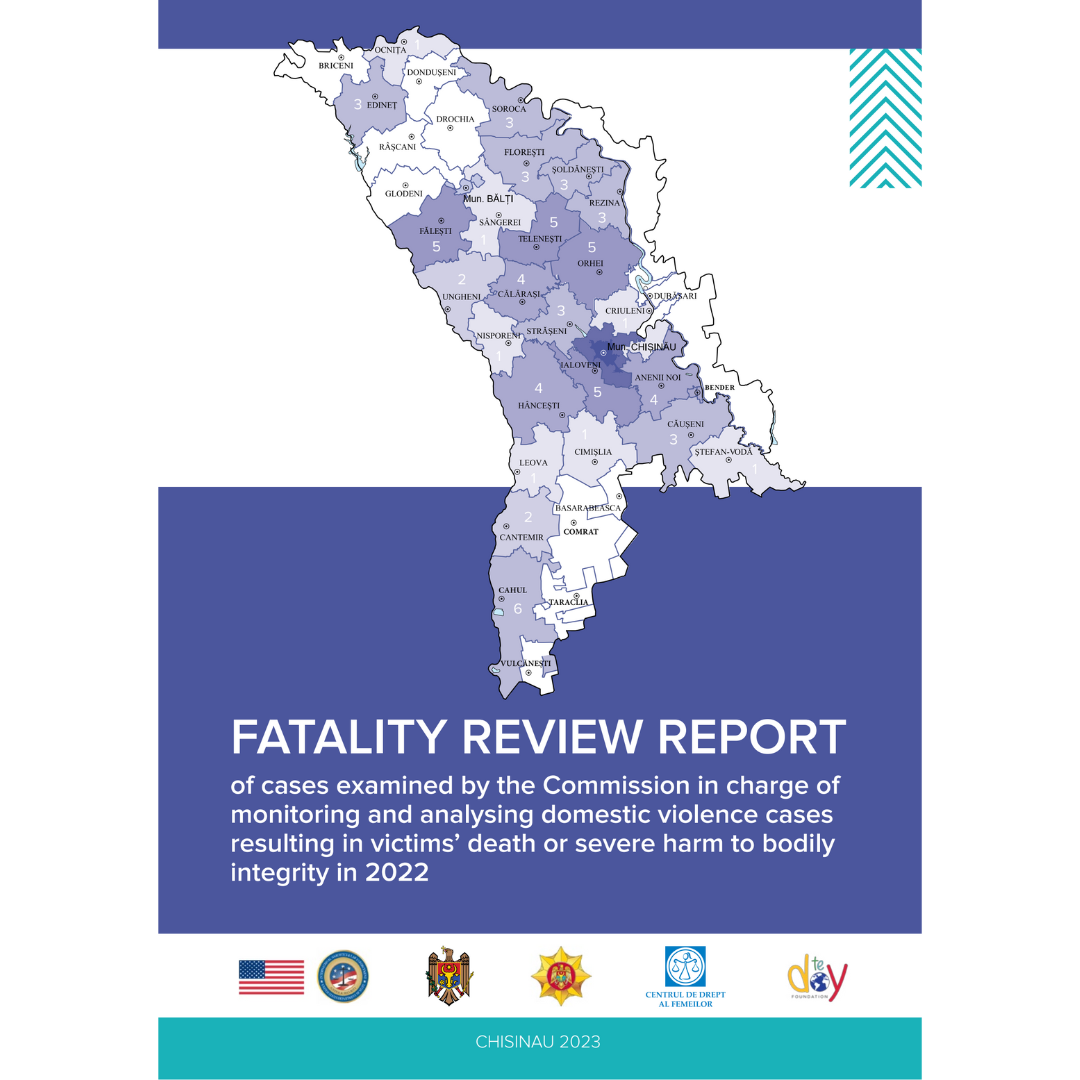Am I being abused? Checklist
There are many signs of an abusive relationship. The most important sign is the fear of your partner. If you feel that you need to tiptoe around him – constantly paying attention to what you say or do to avoid a potential argument – there are chances that this relationship is unhealthy or abusive. Other signs of an abusive relationship are: the partner who wants to exert control over you, feelings of self-hatred, a sense of helplessness and despair.
To understand if your relationship is abusive, try to answer the following questions. Think about how you are treated by your partner and how you treat him. Remember: when a person keeps threatening you, makes you suffer or demands you to obey, this is abuse.
Checklist:
The partner, ex-partner, husband, ex-husband…
- Does he humiliate or yell at you?
- Does he criticize you all the time?
- Does he embarrass you in front of your friends or relatives?
- Does he ignore or disregard your opinions or goals?
- Does he make you feel incapable of making decisions?
- Does he intimidate or threaten you to get respect?
- Does he say you are nothing without him?
- Does he blame you for his abusive behaviour?
- Does he think you are his property or a sex object rather than a person?
- Does he have an unpredictable temper?
- Does he hurt you or threaten to hurt or kill you?
- Does he threaten you with taking children or hurting them?
- Does he threaten to kill himself if you leave?
- Does he coerce you into unwanted sexual actions?
- Does he destroy your belongings?
- Is he extremely jealous and possessive?
- Does he control you to know where you go, with whom and what you do?
- Does he prohibit you from seeing your relatives or friends?
- Does he limit your access to money, phone or car?
- Does he always control you?
- Does he make you feel desperate, without any possibility to end the relationship?
- Does he treat you brutally? Does he shove, slap, hit or slam you?
- Does he use drug and alcohol addiction as an excuse for humiliation and physical abuse?
- Does he blames you for how he feels or behaves?
- Does he prohibit you from going somewhere or does he drop you off somewhere after an argument to ‘teach you a lesson’?
Those who are reading and have experienced the situations described in these questions but found different reasons to excuse the partner’s behaviour must know that it is still abuse even if:
- The incidents seem minor compared to what you have read about, or watched on TV or heard from other people.
- There is no ‘better’ or ‘worse’ form of physical abuse, you can be seriously injured after a ‘simple’ push.
- The physical abuse occurred once or twice during the relationship. Surveys show that if your partner has hurt you once, he is very likely to do it again.
- The assaults stopped when you became passive and gave up the right to express freely, to be free and see other people, to make independent decisions. It is not a victory if you have to give up your personal rights!
- There were no cases of physical violence. Many women are still emotionally and verbally assaulted. This can be as terrifying as physical abuse, but it is often more difficult to understand.
You need to act if the partner/family member:
- Intimidates you – frightens you by using physical appearance, actions, gestures, destroys your possessions, your property, ostentatious display of weapons.
- Abuses you emotionally – offends and demeans you, swears at you, makes you think you are crazy, uses mind games, humiliates and blames you.
- Isolates you from others – wants to control you, controls what you do, whom you meet, what you read, where you go, limits your involvement in social life, uses being jealous as an excuse to justify his abusive behaviour.
- Uses minimization, denial, blaming: mitigates the acts of abuse, does not empathise with your concerns, denies that the abuse occurred, places the responsibility for his abusive behaviour on you by saying you were the one who provoked him.
- Uses the children – uses the children to make you feel guilty, uses the children to send messages, uses the time for visiting the children to harass you, threatens to take children away from you.
- Uses male privileges – treats you like his servant, makes all the big decisions without consulting you, acts like the master of the house being the one who defines male and female roles in the household.
- Uses economic abuse – prevents you from getting or keeping a job, makes you ask for money, gives you an allowance, takes the money you have earned, deprives you of information about your family’s income and denies you access to that income.
- Uses coercion and threats – threatens you with physical harm, threatens to leave you, to commit suicide, threatens to report you to the authorities, makes you withdraw the complaint you filed with the police, makes you commit unlawful acts.
- Uses sexual abuse – forces you to have unwanted sexual contact.



